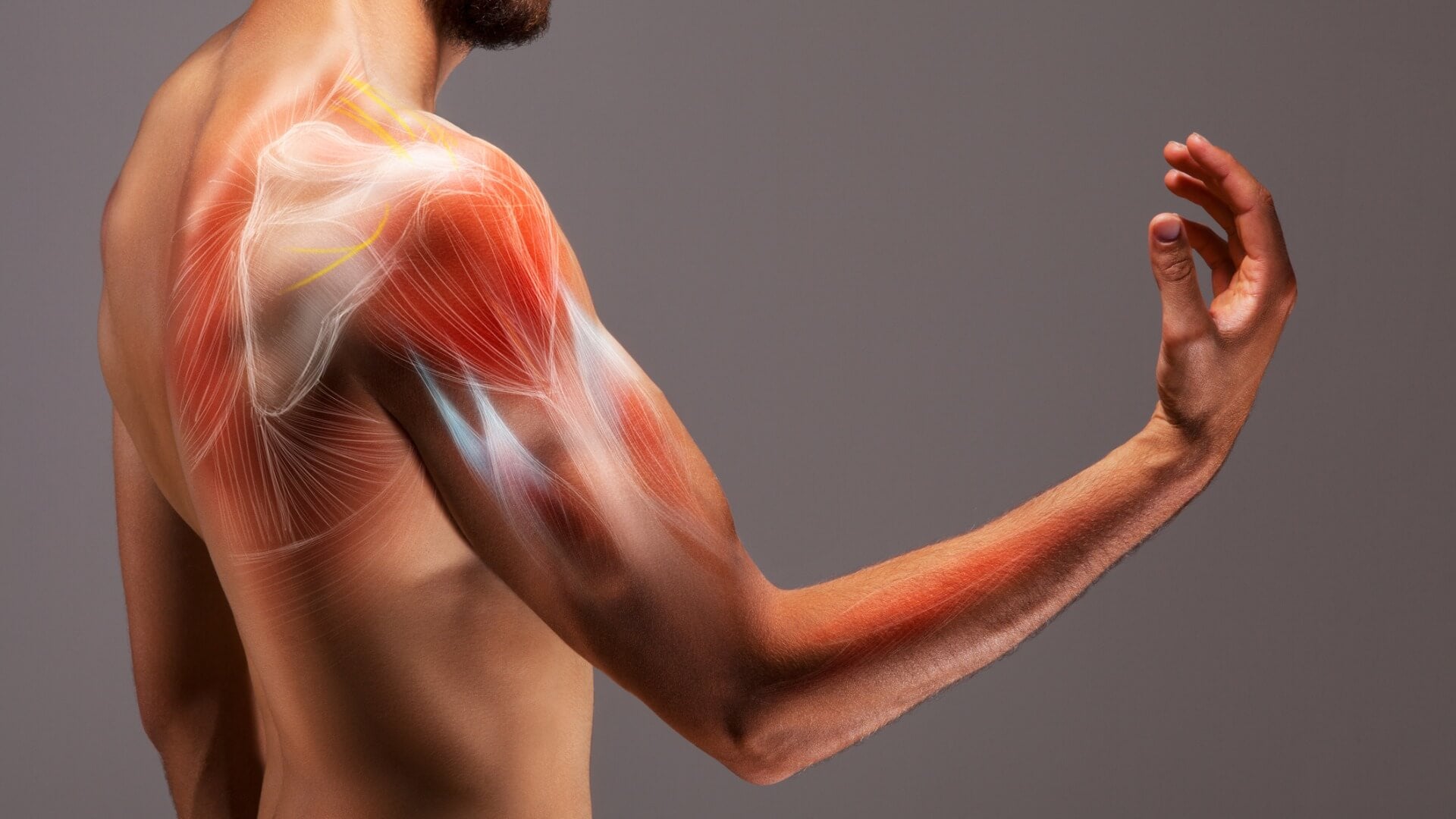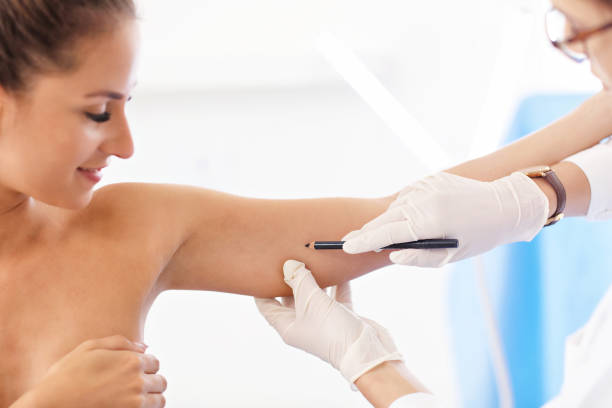Surgical scars are a common side effect of surgical procedures. Although these scars are a symbol of your resilience, many people find these to be a source of embarrassment. However, let us assure you that your scars are beautiful and there is no reason why you should be embarrassed by them. These should not prevent you from enjoying life to the fullest – embrace them as a part of your journey!
Luckily there are ways you can fade surgical scars and make them less noticeable.
How to Fade Surgical Scars?
There are a few things you can do to help fade surgical scars. Below are some tips:
- Apply a scar cream or oil regularly. This will help soften and smooth the scar tissue.
- Keep the wound clean and dry
- Apply a bandage or compression garment as directed by your doctor.
- Use a silicone sheet or bandage over the scar. This will help keep it hydrated and reduce inflammation.
- Try to avoid sun exposure, as this can make scars darker and more visible.
- If the scar is raised or red, use a cortisone cream to help reduce the inflammation.
- Use a moisturizer every day to help keep the skin hydrated and elastic. This will improve the appearance of scars over time.
- Vitamin E oil is also known to help improve the appearance of scars.
- Aloe Vera gel has been found to reduce scars.
- Massage your scar with emu oil daily for a few minutes until it is fully absorbed into the skin. This will help fade surgical scars over time, as well as prevent further damage that can be caused by sun exposure or other environmental factors.
- As a last resort, consider using laser therapy or microdermabrasion to improve the appearance of scars.
No matter what method you choose, be patient and consistent in your treatment plan. Scars will not fade overnight, but with time and patience, they can be greatly improved.
How Long for Scar Redness to Fade?
The redness associated with the scars is typically temporary. Once redness fades, you can expect scars to become flattered and less visible over time. The scars that are likely to fade the quickest, however, are those on your body's surface (i.e.: not deep scars like keloids). Scars also tend to look worse immediately after they happen and while they're still healing because of excess fluid in them. This adds more swelling and makes scars appear brighter than normal.
This means it could take anywhere from several weeks for mild scars on minimal areas of your skin to fade such as a shallow scratch or minor surgery scar. On the other hand, it takes up to several months for deeper scars to fade such as scrapes with moderate scabbing or surgical scars.
How Long for Scars to Fade?
Some scars fade faster than others depending on your skin type and size of the scar. But, generally, scars will start to fade within the first three months after surgery. With smaller surgical scars this process can take anywhere from six months up to a year or more for them to completely disappear. Surgical scars that are larger may require years before they become barely noticeable due to their excess tissue build-up.
It's estimated that it takes about 18 weeks for new scars to reach 80% strength compared with preoperative appearance. After one month you might notice subtle changes in the color or texture of scars. These changes may continue for up to 18 months after surgery, with deeper scars sometimes continuing to improve in appearance until up to three years following the date of the original procedure.
When you are healing there is a chance that your scars will become raised and this can impact their final appearance on your skin. At first, they will appear redder than normal before finally becoming pale white scars as time passes by. You might find it helpful to apply scar gels if the scars on your skin do not fade over time so ensure you discuss them with your surgeon beforehand.
Surgical Scar Healing Stages
There are three general stages of scar healing:
- Inflammation Stage: It is the initial phase of wound healing and occurs immediately after the injury. During this stage, the body's immune system responds to the injury by releasing cytokines which promote cell growth and migration.
- Proliferation Stage: It follows the inflammation stage and lasts for several weeks. This is when new cells are produced to replace those that were lost during the injury.
- Remodeling Stage: It begins a few months after the wound has healed and continues for many years. This is when scars become less visible as they mature.
Although every scar heals differently, most will follow these three general stages. If you are concerned about your surgical scars or would like them to fade more quickly, there are several things you can do to promote healing.
Scar Care after Surgery
Most surgical scars will fade over time with proper scar care. However, some scars may be more difficult to fade. There are a few things you can do to help improve the appearance of your surgical scar and speed up the fading process:
- Keep the scar moisturized. Apply a scar cream or ointment. This will help soften the scar tissue and promote healing.
- Avoid picking at or scratching the scar. Scratching or picking at a scar can delay healing and cause further irritation.
- Use sun protection. Sun exposure can cause the darkening of scars, so it is important to use sunscreen whenever you are outside in order to protect the scar from UV rays.
- Eat nutritional foods. Eating a healthy diet will help promote healing and may improve the appearance of scars. Consider eating lean protein and foods high in Vitamin C.
- Gently rub the scar with natural oils such as olive oil or coconut oil for at least 15 minutes daily to encourage healing and reduce dryness.
- Consider scar revision surgery if the scar does not fade after a year or two. However, this should be done as early as possible to prevent permanent scarring from occurring.
Conclusion
If your scar does not improve after following these tips, you may want to consider seeking professional scar treatment. A dermatologist or plastic surgeon can offer various treatments such as laser therapy, dermabrasion, or surgery to improve the appearance of scars. Talk to your doctor about what treatment options may be available for you.
Remember that every scar is unique and will fade at its own rate! Be patient and continue using proper scar care techniques in order to achieve the best possible results.





Leave a comment
All comments are moderated before being published.
This site is protected by hCaptcha and the hCaptcha Privacy Policy and Terms of Service apply.